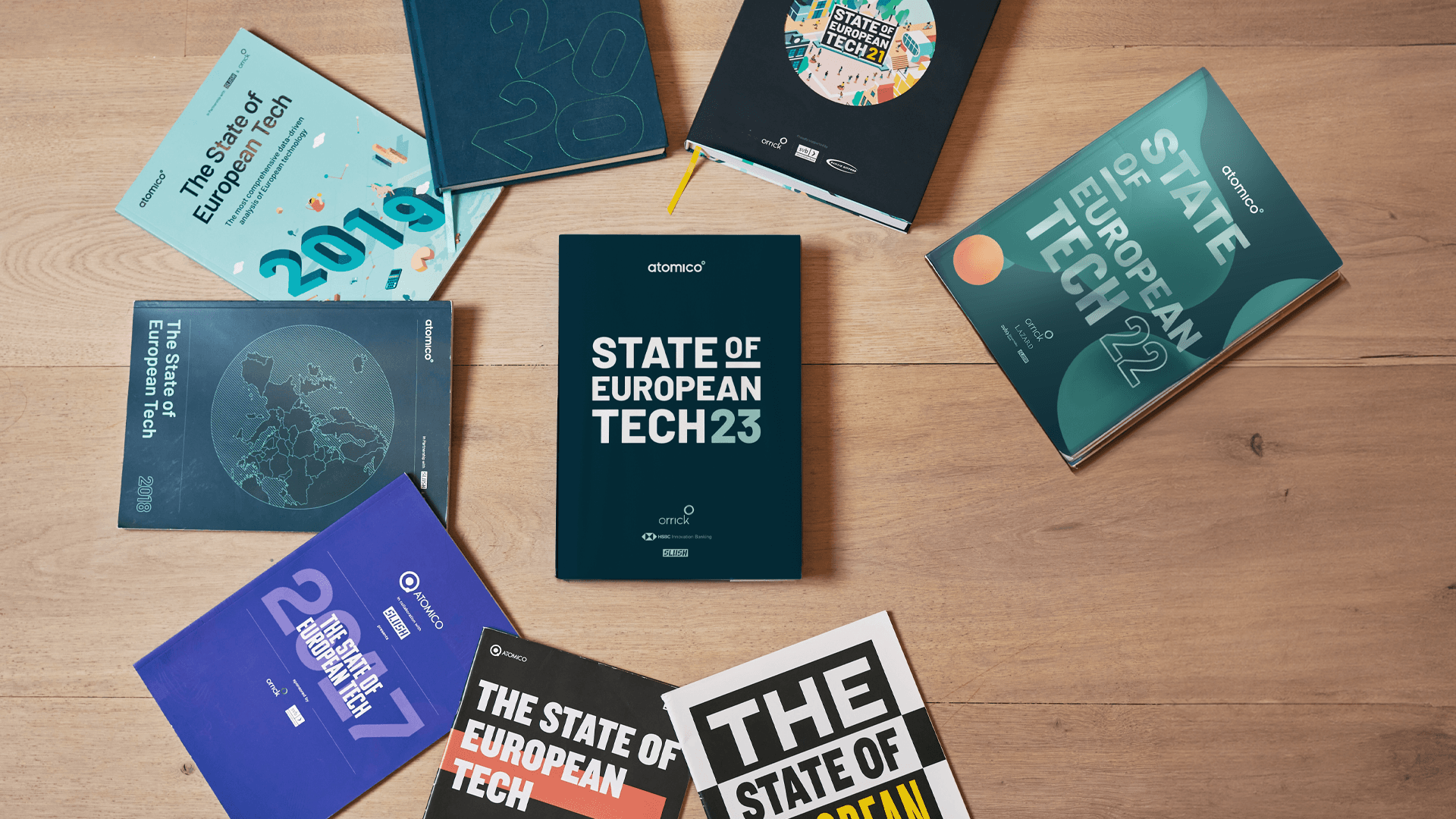This year, Venture Capital firm Atomico released the ninth edition of its annual "State of European Tech' report. It offers many interesting insights into the state of employment in the European tech scene based on a detailed survey and in-depth interviews.
Its insights and analysis of recruitment, retention, and migration of talent to Europe show an industry facing challenges, especially for companies who spent 2023 rightsizing, but also ripe for opportunities, especially for former employees of unicorn startups.
Layoffs stabilising but there's more to come
From 2023 to date, tech companies headquartered in Europe have accounted for around 10 percent of global layoffs. Not all redundancies are reported in the media, much less the specific number of employees impacted.
This impacts morale, and round a third of all respondents (32 percent) feel that working for a European tech company is less attractive compared to 12 months ago.
However according to Atomico, Europe saw layoffs peak in May 2023. Since that peak, layoffs have stabilised, though it's expected more will follow in the new year as companies struggle to secure sustained funding.

Dan Hynes, Partner at Atomico, advises startups to:
"Cut deep but try and cut only once. Don't cut into the muscle.
Let employees keep any stock under their cliff for as long as possible. Own the decision-making process yourself, apologise. Support those who are staying. And above all, treat the process with respect and humility."
New roles are being constantly created
However, among the pattern of startups right sizing, there's also a cause for hope. New positions are constantly being created.
In just five short years, European tech has expanded its workforce from slightly over 750,000 people to 2.3 million today.

The stats collected by Atomico find that the number of new tech industry joiners has grown in record volumes. Further, early-stage companies typically account for almost double the number of new joiners to the tech industry in each period, compared to growth-stage companies.
Funds attract foreign talent
Employees follow the money. Unsurprisingly, countries that have raised the largest amount of funding, such as the United Kingdom, France, and Germany, tend also to attract the most foreign talent.
However, Switzerland, Sweden, and Norway stand out as relatively underweight in net new talent entering the country vs. the volumes of funding raised. Language skills and immigration law may be barriers to relocation to these countries.

Additionally, while many Europeans in tech migrate to North America, Europe attracts the same amount back - on average, netting out slightly in the green.
Meanwhile, India is powering Europe with thousands of tech workers, and - somewhat surprisingly - Brazil is the next biggest net contributor to talent inflows to Europe.
Fewer European startups were founded this year
Globally, the founding of new tech companies has receded by approximately 30 percent from its peak in 2020 in both Europe and the US.
However, the annual volume of founders starting new tech startups in Europe exceeds the US, and has done so consistently for every one of the past five years.
Who wants to be a founder?
However, The halcyon days of founder life have dimmed somewhat in the last year, with almost 40 percent of respondents finding the idea less appealing.
Further, founders themselves are even more likely than other respondents to say there has been a negative change year on year (34 percent of founders).
The greatest barriers for founders looking to start a company in Europe today. are a lack of access to external financing (59 percent) and personal financial constraints (48 percent), followed by the uncertainty created by the macro backdrop (43 percent).

Given the scale of financial barriers, entrepreneurship is a luxury for those who can afford to pursue it.
Unicorn alumnus have resulted in a talent flywheel
Atomico was set up and led by Skype co-founder Niklas Zennstrom.
2023 marks the 20th anniversary of Skype, and an interesting theme in the report is an industry-wide surge in the number of new companies launched by individuals that have spun out of Europe's billion-dollar companies – bringing their knowledge and networks.

Remarkably, more than 9,000 companies have been initiated by alumni of European exited unicorns that were founded during the 2000s.
This is nearly a 50 percent increase compared to the unicorns founded in the 1990s.
But that aside, Atomico developed a proprietary rating called STAR (Startup Talent Attraction Rating) to objectively assess the quality of teams by evaluating the excellence of their senior hires.
It finds that billion-dollar companies start their journeys with stronger teams right from the earliest years post-founding, and go on to build stronger teams over time.
Unsurprisingly, more money leads to better teams, and better teams raise more funds.
Atomico's State of European Tech 2023 report is now available and goes on to outline a number of additional topics. It can be accessed at stateofeuropeantech.com.
You might also want to check out our additional coverage of the report at:
The State of European Tech 2023: Consistent, long-term growth
European startup funding down more than half at $45B in 2023
Lead image via Atomico.



Would you like to write the first comment?
Login to post comments